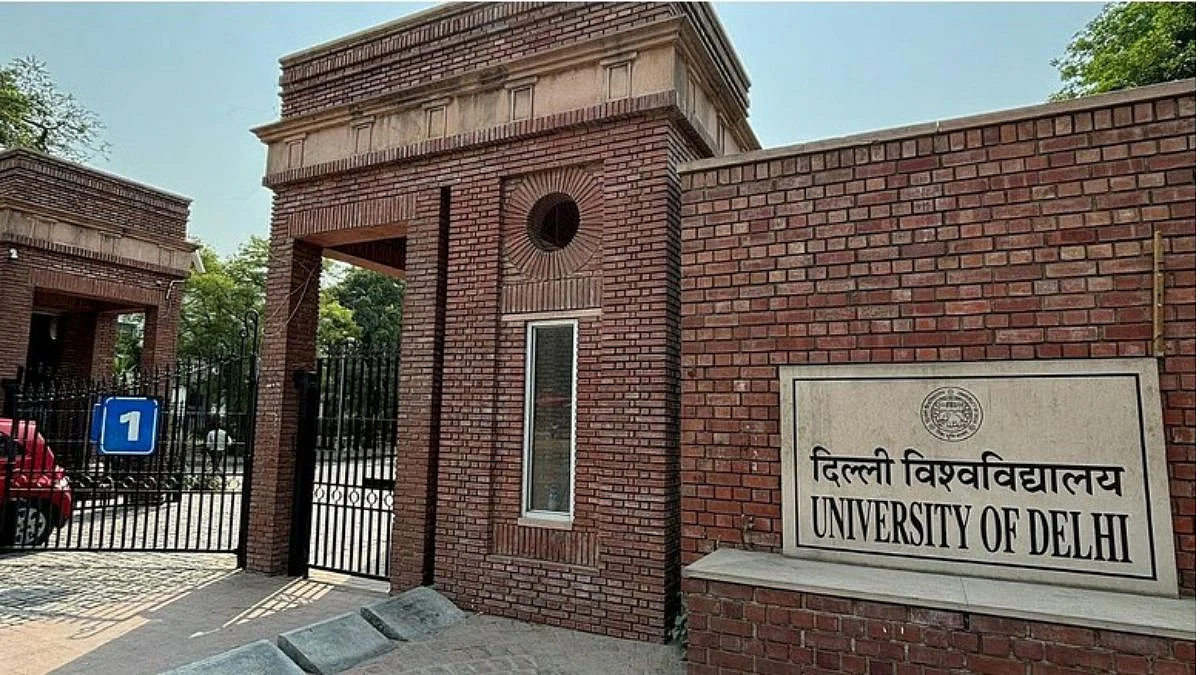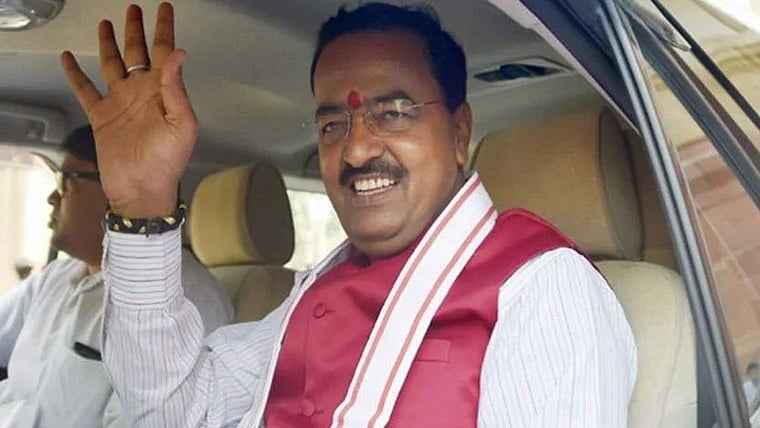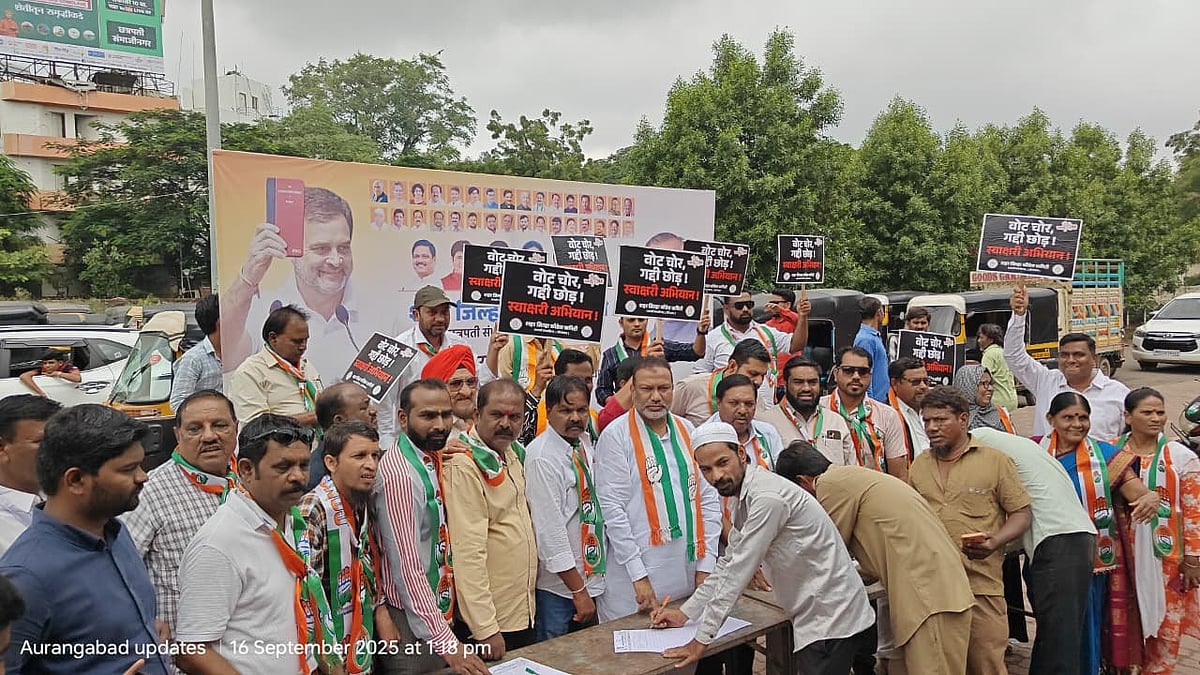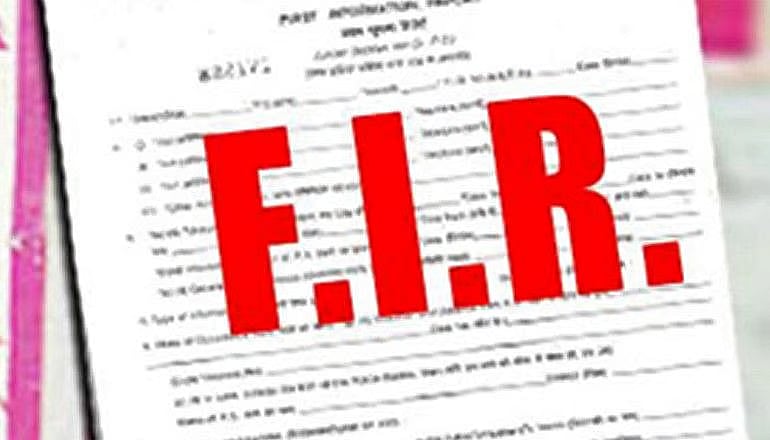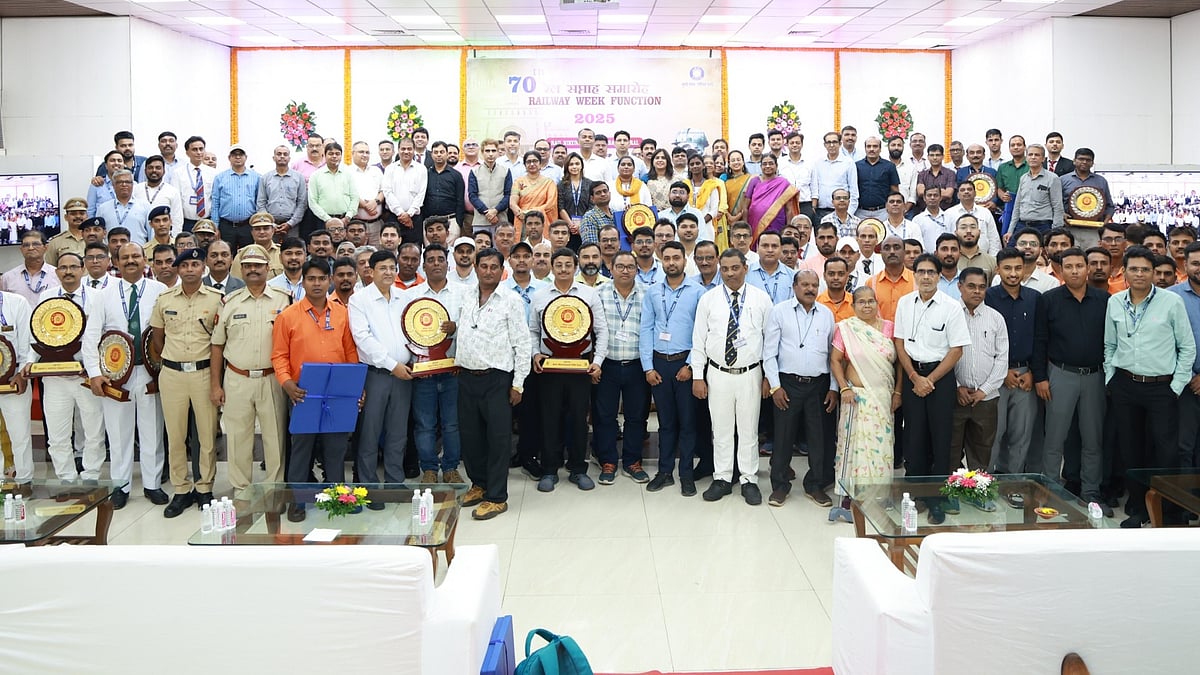“Is it permissible in law for a statute to have unbound discretionary authority like this? Plainly read what are the limits and boundaries of these three words — false, fake and misleading,” the Bombay High Court said on Friday while hearing a batch of petitions challenging the amendment to the Information Technology (Intermediary Guidelines and Digital Media Ethics Code) Rules, 2021, that are aimed at identifying and acting against fake news.
The court also raised concern over the fact check unit (FCU) being conferred the authority to “unequivocally” term the content as fake, false and misleading and asked to be taken down from social media.
Bench questioned whether FCU will cover editorials and opinions
A division bench of Justices Gautam Patel and Neela Gokhale further questioned whether this would cover editorials and opinions.
The court was hearing a batch of petitions challenging the amended IT rules including a provision for an FCU to flag fake or false or misleading online content related to the business of the government.
The petitions filed by stand-up comedian Kunal Kamra, the Editors Guild of India and the Association of Indian Magazines sought directions against the framing of the rules calling the content “arbitrary, unconstitutional” contending that this would have a “chilling effect” on the fundamental rights of citizens.
Bench noted terms 'fake' and 'misleading' have 'extremely problematic expression'
Senior counsel Navroz Seervai, appearing for Kamra, argued against the amendment on Thursday and Friday.
“We are concerned with the authority being conferred on FCU. We do not know the ‘business of the government’, which could be from anything to nothing; from zero to infinity,” said Justice Patel.
The terms “fake, false and misleading” have an “extremely problematic expression” in itself, the bench noted. “The three words segregated are all on a slightly different colour. Each of them taken independently and individually are problematic. Don't know where this ends,” he remarked.

“(The term) misleading is a seriously problematic area because if he (FCU) is severely opinionated… If a law reporter summarises your (Seervai’s) arguments and puts in social media how is that not potentially misleading?” Justice Patel asked.
Court's questions and observations
“If the government says that the economy is doing very well, but if an economist, using the government data, says that the economy is not that well then why would it not be misleading under the amended rule? What about a harsh editorial on the India-China relationship?” the court asked.
Senior advocate Darius Khambata, also appearing for Kamra, said: “There has never been such uncertain vagueness”, following which Justice Patel remarked: “We are in the realm of the unknown unknown.”

